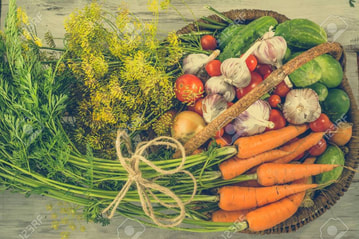
Food insecurity is defined as a lack of sustained access to healthy high quality food. It affects every community in the United States, but those most at risk of becoming food insecure are low income communities, people with disabilities, seniors and children, rural communities, and Black and Latino populations. Food insecurity is often related to the issue of food deserts. The USDA defines food deserts by their proximity to food providers and not by a communities access or continued to healthy or culturally appropriate food choices.
It is important to recognize that any community of people regardless of age, race, and ability are susceptible to food insecurity, however, it is impossible to look at the issue of food deserts without talking about racism and poverty, as food deserts are often found in communities of color and low-income communities. While about 23.5 million people live in food deserts, nearly half are considered low-income. While food insecurity can also be tied to economic and race issues, food deserts in particular highlight how necessary food justice is for at risk communities. Both food insecurity and food deserts are intersectional issues that require intersectional understandings for them to be properly solved.
Although these might seem like big issues to tackle, the first step is to become educated about food access inequality and the vocabulary used in relation to these topics. At Green Bridge Growers, we address food injustice in our work through supporting other small business in the area that provide locally and sustainably grown food to the wider community. We believe that by providing healthy affordable food to our community we are taking a big step towards addressing food insecurity and unequal food access by providing our community with the option to decide from where and from whom they purchase food.
For more resources on Food Justice, Food Insecurity, and/or Food deserts check out these websites:
https://hungerandhealth.feedingamerica.org/
https://www.dosomething.org/us/facts/11-facts-about-food-deserts
https://foodispower.org/
-Anna Ortega
 RSS Feed
RSS Feed
